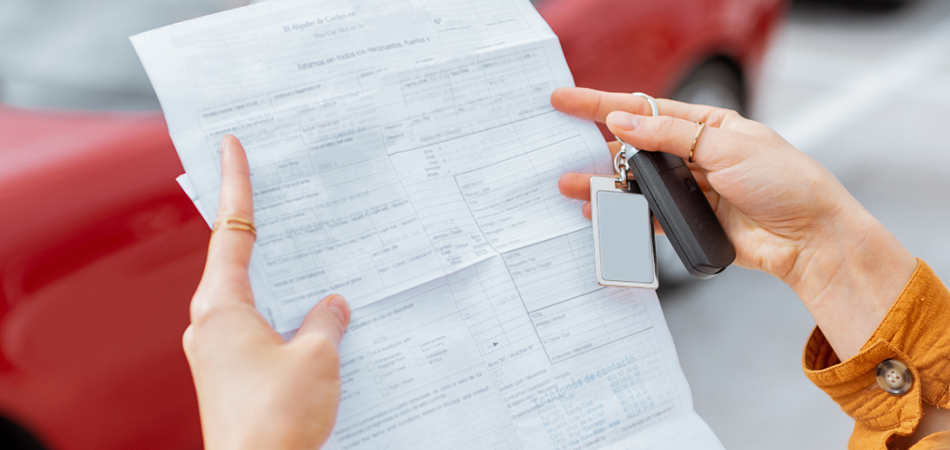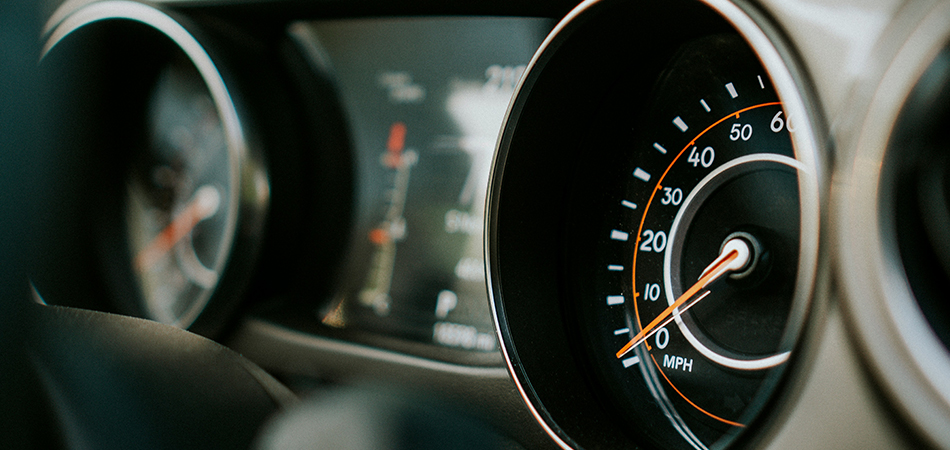
If you are considering selling your car privately, you might be surprised by how much paperwork is required. There are crucial documents you must have to avoid legal penalties. Failure to complete this paperwork can result in a major headache for both you and the buyer. This list should be fairly comprehensive, but make sure to check your state and local laws to ensure you are complying on all accounts.
Documents Needed for Private Car Sale:
A vehicle history report includes all the pertinent information relating to the car. This includes, but may not be limited to, a complete vehicle description, sale and theft history, accident report, odometer readings, repairs, and any past or active recalls. To obtain this report, you will need to go through the process with the National Motor Vehicle Title Information System (NMVTIS), www.vehiclehistory.gov, or some third-party sites such as CarFax. There may be a fee associated with any of these services.
When selling a vehicle privately, you must provide the buyer with an accurate and updated record of any maintenance done to the car. This includes everything from routine oil changes to brake pad replacements. If you don't provide an accurate maintenance record, the buyer could pursue legal action against you for failure to disclose this information.

Several types and tiers of warranties may apply to your vehicle, and they are all relevant when selling a car. A newer vehicle may still be under an original manufacturer warranty, or the car might have an extended warranty program through a dealership. In addition, individual parts within the car might have their own warranty. For example, if you installed a new radio system in your vehicle, you should provide the buyer with the warranty documentation for that audio system.
Often referred to as a purchase agreement, this documentation asserts that the buyer is now assuming responsibility for the vehicle, including any necessary repairs, recalls, or future maintenance. Although it seems small, failing to sign this form with the buyer could lead to legal issues down the road. Without a signature on a written agreement, the buyer could technically hold the seller liable for future repairs or updates to the car. Do not underestimate the importance of the purchase agreement.

In a vehicle, the odometer tracks mileage from the very beginning of the car's life until the present day. It is a criminal offense to tamper with or alter the odometer reading. Additionally, a private seller must provide a written odometer disclosure, which gives an accurate mileage total at the time of sale. There have been documented instances of sellers attempting to skip this step or falsely update the odometer readings, and doing so could end with heavy fines or even jail time.
Perhaps one of the most important documents associated with buying or selling a vehicle, the vehicle title is the legal document proving ownership of any automobile. Having a title transferred into someone else's name can be an extremely taxing and difficult process, but it must be done for the sale to be legally completed. Transferring a title involves a trip to the local DMV, and you will need all your information plus the buyer's information to transfer the title completely.
The bill of sale is a contractual, legally-binding document covering the complete terms of the sale agreement between both parties. The buyer and seller will work out the explicit terms of the sale agreement, and both parties must sign the bill of sale for it to be a valid document. In many states, it is a requirement that the bill of sale be completed first and immediately submitted to the proper authority before a sale can occur, but check your local and state laws.
There might be a lot more paperwork and recordkeeping involved with selling your vehicle privately than you thought. Unfortunately, avoiding any of this documentation can lead to serious legal issues down the road. If you don't want to deal with the headache of all these forms, then consider donating your car instead. The charity will handle nearly all the paperwork and, in most cases, will even pick the car up for you. Organizations like Charitable Adult Rides and Services help find a reputable nonprofit to which you can donate your vehicle, and they come to tow your car away for free. Plus, your gift is tax-deductible. Donating is certainly more straightforward than muddling through the complications of all those forms!